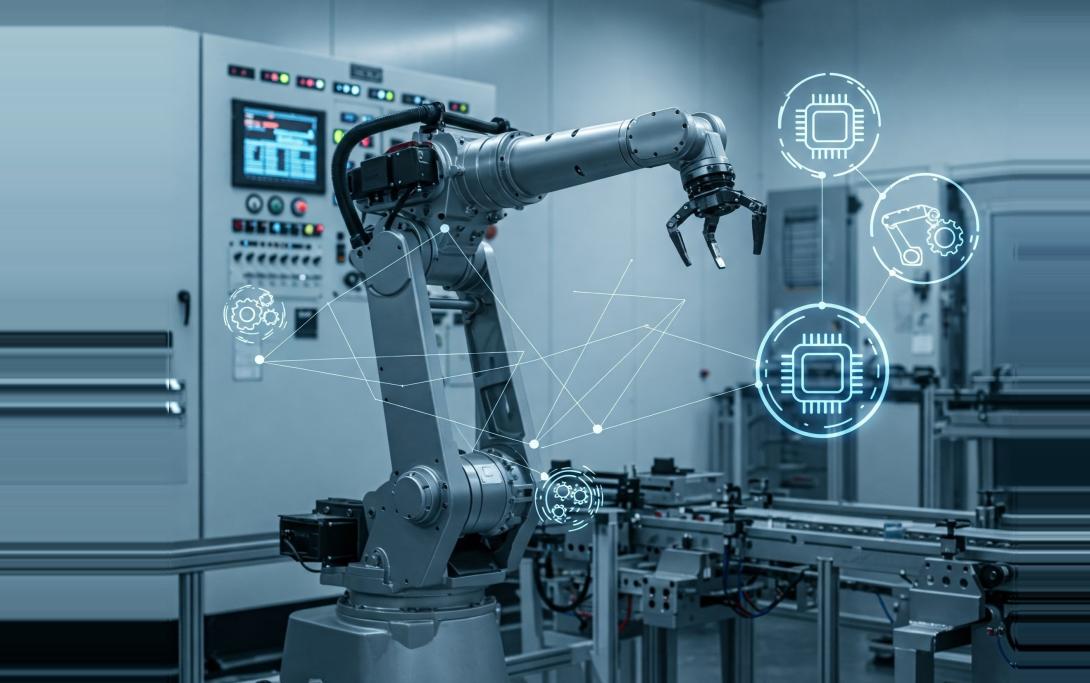The Degree Courses provide for the acquisition of 180 undergraduate credits (CFUs), spread evenly over three years of the course, each involving teaching activities for 60 CFUs total and distributed over a maximum of 20 exams.
Undergraduate credit is a measure of the effort required of a student to pass a teaching test (examination or proficiency test). Credits related to each teaching are acquired by the student after he or she passes the examination, with a grade expressed in thirtieths, or the aptitude test, without a grade, scheduled at the end of the course.
Attendance at DISMI's graduate courses is not compulsory, but is strongly recommended.
A high school diploma is required for admission.

To check the initial preparation of students who intend to matriculate in a DISMI bachelor's degree program, an assessment test is required:
TOLC-I: compulsory for admission to the Mechatronics Engineering programmed-access degree program and strongly recommended for students intending to matriculate to the Bachelor of Management Engineering degree program.
TOLC-LP: compulsory for students interested in the professionally oriented programmed-access degree program in Technologies for Smart Industry.
For the preparation of the TOLC and evaluation of the results, DISMI -like most engineering departments- makes use of the work of the CISIA consortium (www.cisiaonline.it).

Management Engineering trains graduates with solid knowledge of logistics, manufacturing, economics and business organization. The result is an engineer with a versatile professional profile, characterized by strong multidisciplinary technical and organizational management skills capable of addressing and solving complex problems in contexts where technology and organization must integrate to achieve high efficiencies and performance.

The Degree Course in Mechatronics Engineering provides its graduates with an integrated set of mechanical, electronic, IT and automation skills, with the aim of training an engineer who is able to interpret, describe and solve problems for efficient and flexible design of industrial machines and promote their interaction with man.

The professionalizing degree course in Technologies for Smart Industry aims to train graduate technical professionals with a high professional profile, who can quickly enter the world of work both in technical offices of companies producing goods and services and in industrial professional studios ....